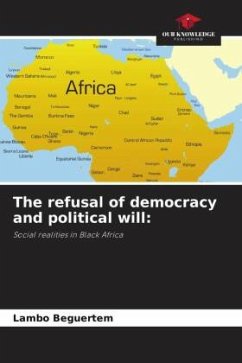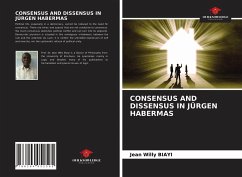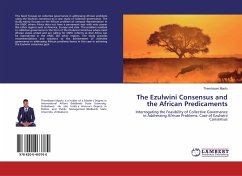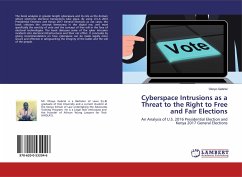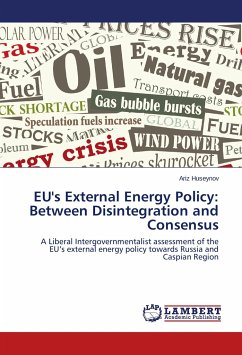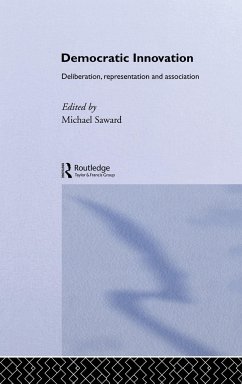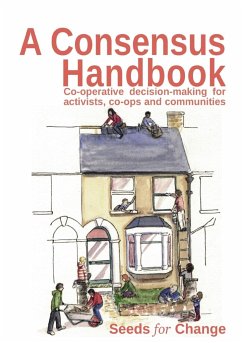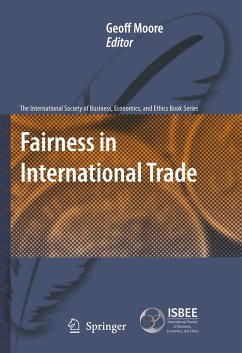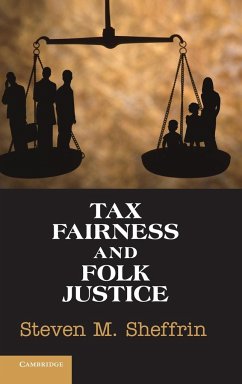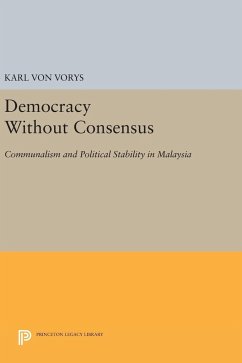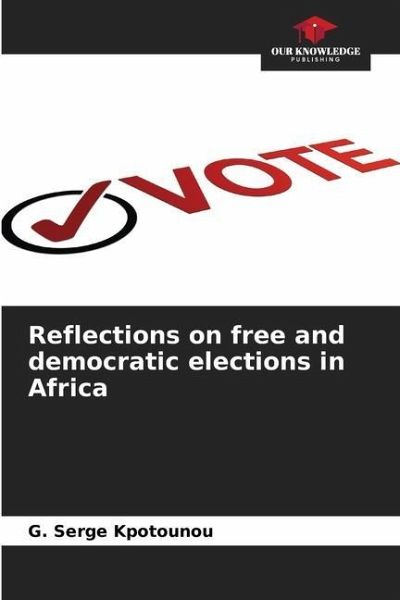
Reflections on free and democratic elections in Africa
Versandkostenfrei!
Versandfertig in 6-10 Tagen
27,99 €
inkl. MwSt.

PAYBACK Punkte
14 °P sammeln!
The electoral process in West Africa is an examination of all the risks for the populations. This electoral game, far from being a routine process, has often led countries into an uncertain future of interminable political crises. This study shows that these crises are not just a matter of alternating power, but even more a problem of justice and political equity. This weakens the cooperative society formed by the citizens of the various states in the sub-region, to the detriment of the confiscation of political power through the perpetual questioning of legal norms linked to elections in orde...
The electoral process in West Africa is an examination of all the risks for the populations. This electoral game, far from being a routine process, has often led countries into an uncertain future of interminable political crises. This study shows that these crises are not just a matter of alternating power, but even more a problem of justice and political equity. This weakens the cooperative society formed by the citizens of the various states in the sub-region, to the detriment of the confiscation of political power through the perpetual questioning of legal norms linked to elections in order to eliminate certain potential candidates from the competition, and the questioning of election results. In reality, all this is due to a real lack of democratic political culture among Africa's political elites, despite the fact that most of them were trained in the West, in countries with a long history of democratic practice. We also note the sometimes biased role played by the international community through diplomatic missions and election observation missions.



